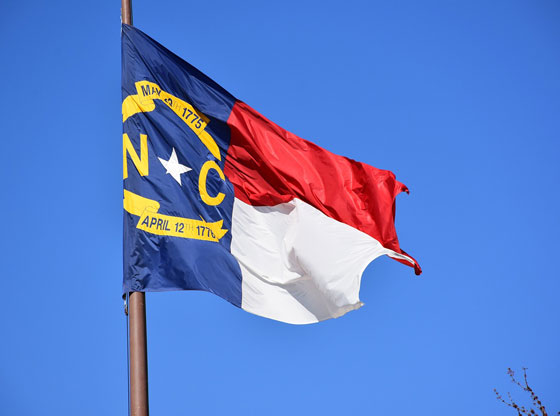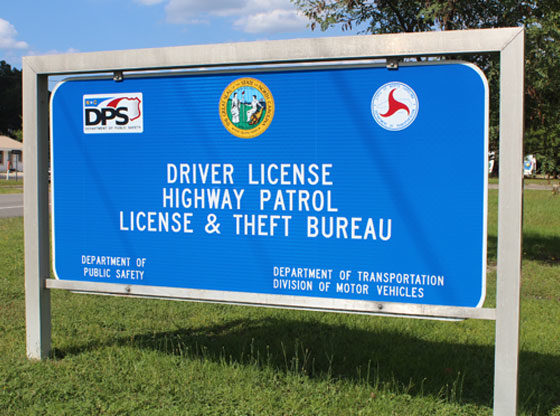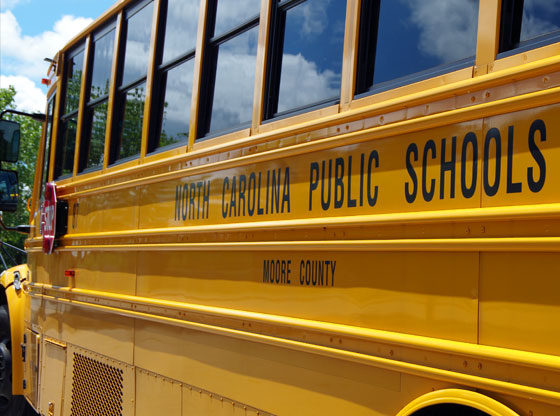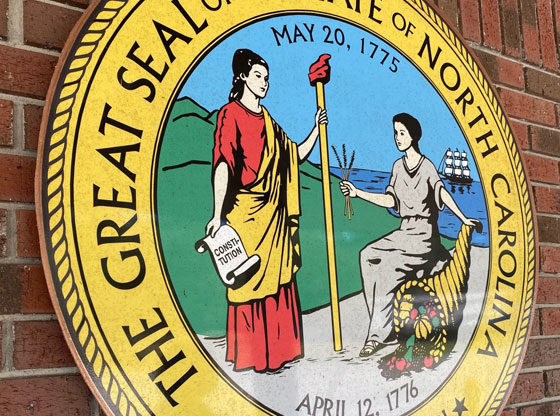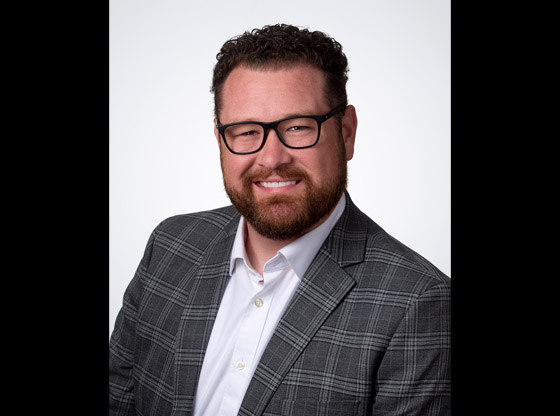RALEIGH, N.C. (AP) — Despite objections from some teachers, a bill requiring North Carolina schools to add a personal finance class cleared the final hurdle in the state’s General Assembly.
The House approval Thursday sends the measure to Gov. Roy Cooper for his signature. Identical mandates for a personal finance course are also included in the state’s budget bill, which provides a $500 stipend for each teacher that completes a professional development course to teach personal finance.
Nineteen states already require personal finance courses, according to the Council on Economic Education. Interest in financial education steadily increased since the Great Recession of 2008, said Sandy Wheat, who leads the council’s North Carolina branch.
“A lot of financial institutions took advantage of consumer ignorance, causing things like the mortgage crisis,” she said. “If we teach people personal finance, they’re less likely to be taken advantage of.”
Wheat said boosting financial literacy will help the state economy and reduce dependency on government services. She cited a 2015 study by FINRA, Wall Street’s self-regulatory body, showing that schools with rigorous financial education had students with higher credit scores and lower delinquency than their peers.
North Carolina high schoolers currently must take four full-credit social studies courses to graduate, including three history courses and a fourth that combines civics and economics. The bill requires a full-credit economics and personal finance class as well as a civics class, but stipulates students should need no more than four full-course credits in social studies to graduate.
Angie Scioli, who teaches social studies at Leesville Road High School in Raleigh, worries the new courses would squeeze classroom time for U.S. history.
“We have a course already called civics and economics where half of the course is economics and personal finance and that puts us in alignment with almost every other state,” Scioli said.
Instead of splitting civics and economics into two classes, Scioli proposed freeing up more time to teach personal finance in the existing civics and economics course.
Democratic Sen. Jay Chaudhuri of Wake County, who tried unsuccessfully to eliminate the requirement for a separate personal finance class, says curriculum decisions should be made by the state’s education board and superintendent, not legislators.
Bill sponsor Republican Rep. Craig Horn of Union County said the aim is to ensure students have a good working knowledge of financial systems, not reduce history education.
“I don’t believe that we need to lessen any requirements. Perhaps adjust some priorities, perhaps devise some new approaches,” he said in an email.
Lt. Gov Dan Forest, who plans to run for governor in 2020, has been a driving force in support of the bill. At a Thursday news conference, the Republican said finance education can be used to address the high rates of student loan debt among young people.
“We have some basic challenges with people coming out of school and understanding how to handle their finances,” he said.
Some schools, including Hillside High School in Durham, already offer extensive economic education through a partnership with the National Academy Foundation. Schools pay for NAF membership and receive teacher training and resources to implement a four-year elective business and finance program.
Jolil Smoke, 21, attended Hillside High School and completed the finance program. Its lessons on debt, savings and interest rates made her determined to avoid student loan debt.
“I was much more intentional about planning for college,” she said. “My peers that weren’t in the program, I don’t think they had that same outlook”
She recently graduated UNC Chapel Hill with a degree in political science and no student debt.
Smoke said everyone could benefit from more financial education and supports the bill’s requirement.
“Especially as a person of color, I think people from marginalized communities would benefit even more from these financial literacy courses,” she said.
Smoke said she’s “all for” replacing one of the two U.S. history courses she was required to take in high school.
Fayetteville native Jazhiel Diaz-Rosa, 20, who now majors in business administration at Johnson C. Smith University, agrees. He participated in his high school’s elective business program.
“People around my age, they always complain on how their school never taught them about taxes, never taught them about debt,” he said.
Teacher Angelica Melton leads the NAF elective program at Sanderson High School in Raleigh. She supports more financial education classes, but said any curriculum changes need to be well-thought out.
“It’s all about having a plan … instead of just throwing it to teachers and saying ‘figure it out,'” she said.
Copyright 2019, The Associated Press. All rights reserved.








